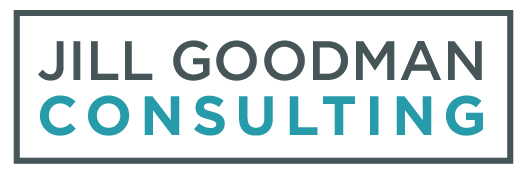Parent Fears: What Can School Leaders Do?
Parents worry a lot about their kids and their school experience. Some worries are realistic, and some are not. For example, over 400,000 children under the age of 21 are reported missing each year. The vast majority are due to run-away or family disputes, and less than 350 children are abducted by strangers each year since 2011. When my kids were young, the parents in the neighborhood drove their children to and from the bus stop every day and waited in the car for the bus to pull up to the curb. The bus stop was two blocks or less from any house in that suburban neighborhood. Parents drove the kids those two blocks out of fear of abduction, an irrational fear.
Irrational fear is rooted in the Availability Heuristic and was first discussed by Amos Tversky and Daniel Kahneman in the early 1970s. Essentially, the Availability Heuristic is a mechanism through which we judge the likelihood that something will happen by how easy it is to imagine it happening or remember it happening.
Paul Slovic is a research psychologist at the University of Oregon and was a guest on one of my favorite podcasts, Hidden Brain, hosted by Shankar Vedantam. The episode is titled, Afraid of the Wrong Things. According to Slovic and Vendantam, the risk is also measured internally by the amount of control a person has over the situation. The less control, the more risk; even if the behavior is risky, it's perceived as less so if the action is done voluntarily. This idea leads me to the risk parents feel when a child is at school.
Sending a child to school has only recently become something that parents have some measure of control or choice over, and when they do send a child to school, parents are unsure what exactly will happen there. Will their child be treated fairly? Will kids be subjected to the same kinds of scary or humiliating things that happened to the parents as children? Will their child enjoy the same empowering and rigorous academic experience that they had? The Availability Heuristic fuels the way parents assess the risk versus reward of enrollment at a particular school. This is a particularly difficult type of risk to mitigate.
There was a time not that long ago when parents were expected to drop a child off at school, and the school would take care of the rest. Parents were not invited or particularly welcomed to offer an opinion or question the school's methods or practices. There were educational professionals in charge of that. But, changes have been in progress for two decades, and a radical shift occurred this year with the pandemic. Parents were called into service to monitor, coach, tutor, discipline, and assist their children in online learning.
Now, whether they want the role or not, parents are partners in education more than ever. As a partner, parents feel invested in the school and its decision-making. At independent and private schools that charge tuition, this newly formed, but perhaps uninvited, partnership means school leaders are fielding an overwhelming amount of complaints, demands, and suggestions from parents.
As leaders, you can talk about your curricula, the facilities, the sports program, the campus safety plan. While those things matter to the faculty, staff, board, and lawyers, they don't matter as much to alleviating risk for a parent about the one thing that worries them most.
What is that thing?
We don't know unless we ask.
I'm suggesting that leaders change tack. Go on an information offensive. Leaders have spent the last year on information defense, meaning they've been reactive to changing and scary situations and put out information to explain what the school is doing and how the school is reacting. But, parents don't seem to be responding as well as anticipated. Why? Because parents are afraid.
It can be hard to listen to parents' fears again and again. That's understandable. Let’s change the dynamic. The qualitative research that I do may help you analyze the fears and feelings in your school's parent community, and together we can create a strategy to mitigate this different sort of risk. You don't need to be a risk manager alone.
The author, Jill Goodman, is a consultant working with independent school leaders to advance their school’s mission, enhance their processes, and bolster their skills. View all services here.



